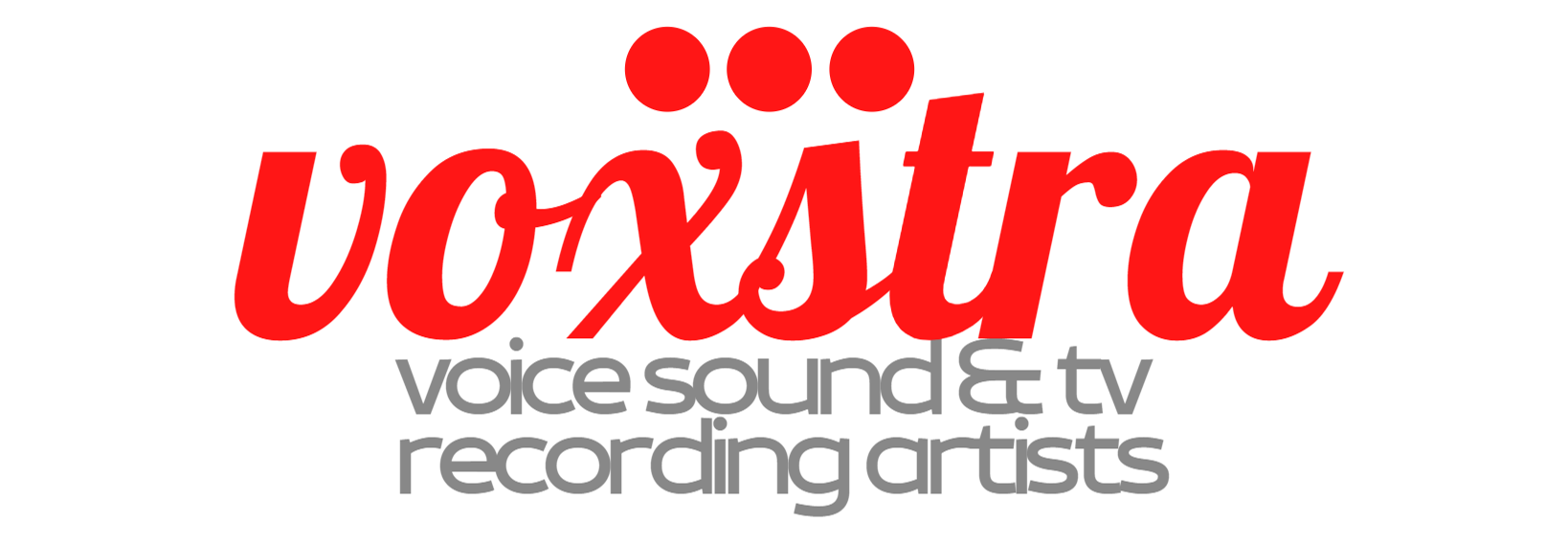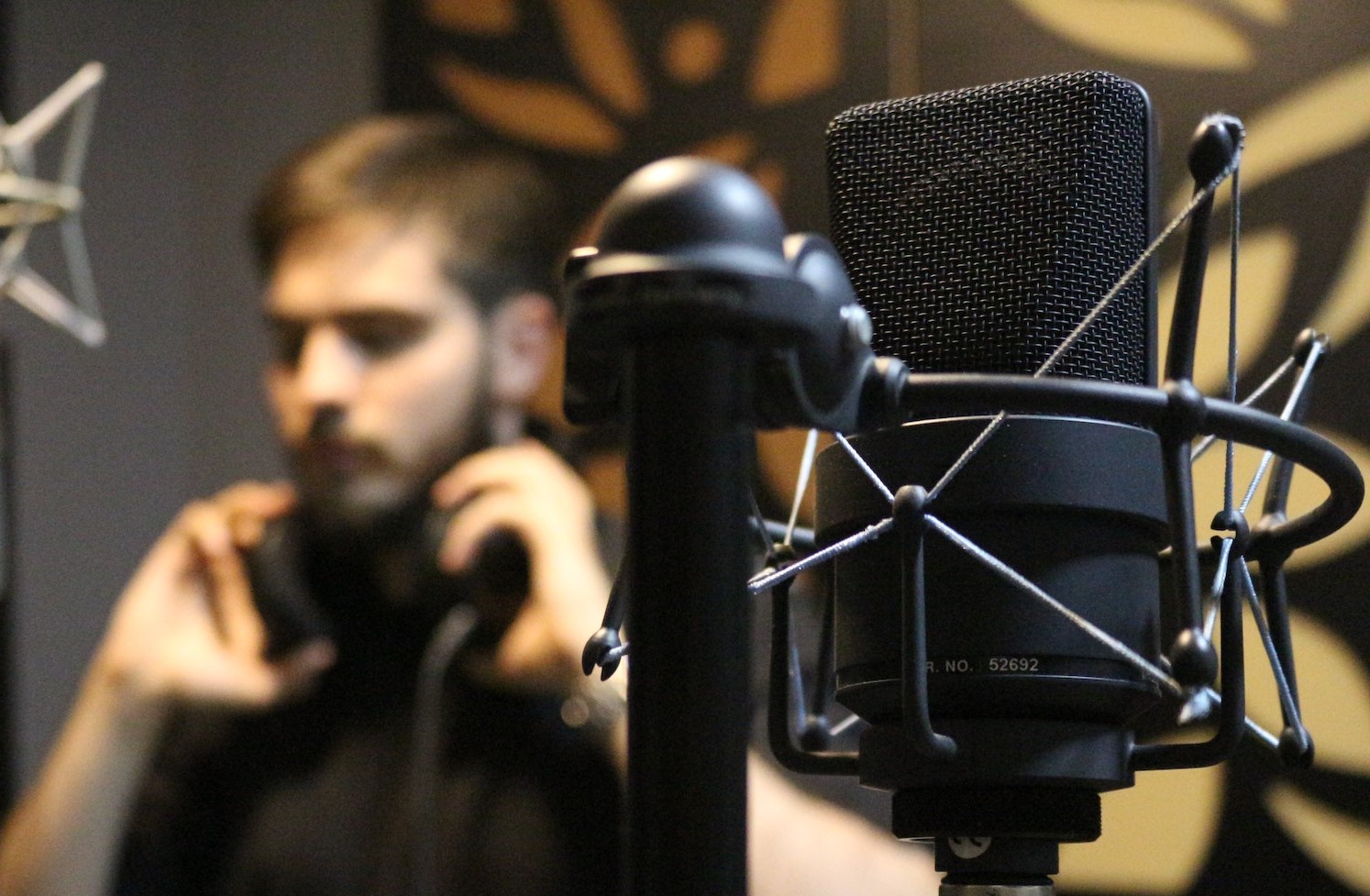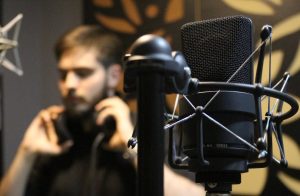Music Recording – Hints & Tips
 Music Recording Hints & Tips
Music Recording Hints & Tips
Music is an art that transcends boundaries and touches the soul of the listener. If you wish to create music that resonates with your audience, you need to focus on not just the music and composition but also the recording quality. The quality of sound is essential in producing a clean and polished finished recording. In this blog, we will provide hints and tips on music and sound recording to help upcoming musicians and recording artists produce professional-sounding recordings.
Room to Record in
Before you start the recording process, ensure you have the right room for the job. If you plan to record vocals or acoustic instruments, look for a room that has minimal background noise. A small, dead space with low reverberation is ideal to bring out the natural sound of instruments.
Music Recording Microphones and Types
Microphones are one of the most essential pieces of equipment in sound recording. Choose a microphone based on your recording needs. For vocals, a condenser microphone is ideal, while a dynamic mic works best for amplifiers and drum kits. There are different types of microphones that you can use, including USB mics, shotgun mics, and lavalier mics.
Other Equipment
In addition to microphones, you will need other equipment such as mic stands, pop filters, shock mounts, and XLR cables. These accessories come in handy to reduce unwanted noise and vibrations during the recording process.
Digital Audio Interfaces
Digital Audio Interfaces (DAIs) are necessary to convert analog signals into digital signals that your computer can read. The right DAI will provide clean preamps with low latency for real-time recording. Choose a DAI with several input channels to cater to multiple microphone inputs.
Mixing Desks
Mixing desks allow you to control and adjust various tracks and signals to create a perfect mix. You can choose between analog or digital mixers, with the latter offering more flexibility and control.
Software
Digital Audio Workstations (DAWs) are software programs that allow you to record, manipulate, and edit sound. Choose a DAW that suits your style and budget. Some popular DAWs include Logic Pro X, Ableton Live, and Pro Tools.
Equipment Positioning and Placement
How you position the microphone and other equipment in your recording space will significantly impact the overall sound quality. Invest in an acoustical treatment material such as sound-absorbing panels to lessen the reflection of sound waves and eliminate reverb.
Mixing and Mastering
Mixing and mastering are the final stages of the recording process. During mixing, you combine all the recorded tracks, adjust sound levels, and add effects for better sound quality. Mastering involves making the final touches to your music for an overall clean and professional finish. It is advisable to master with professional-grade speakers and headphones to ensure the best possible sound.
In conclusion, the quality of your music and sound recording will significantly depend on the equipment you use and how you use it. With the hints and tips outlined in this blog, you can create professional-quality recording that captures the essence of your music. Remember to find the right equipment, position it well, record in the right environment, mix and master with care, and your recording will be a work of art that people will love and appreciate. Voxstra can help, get in touch now.



